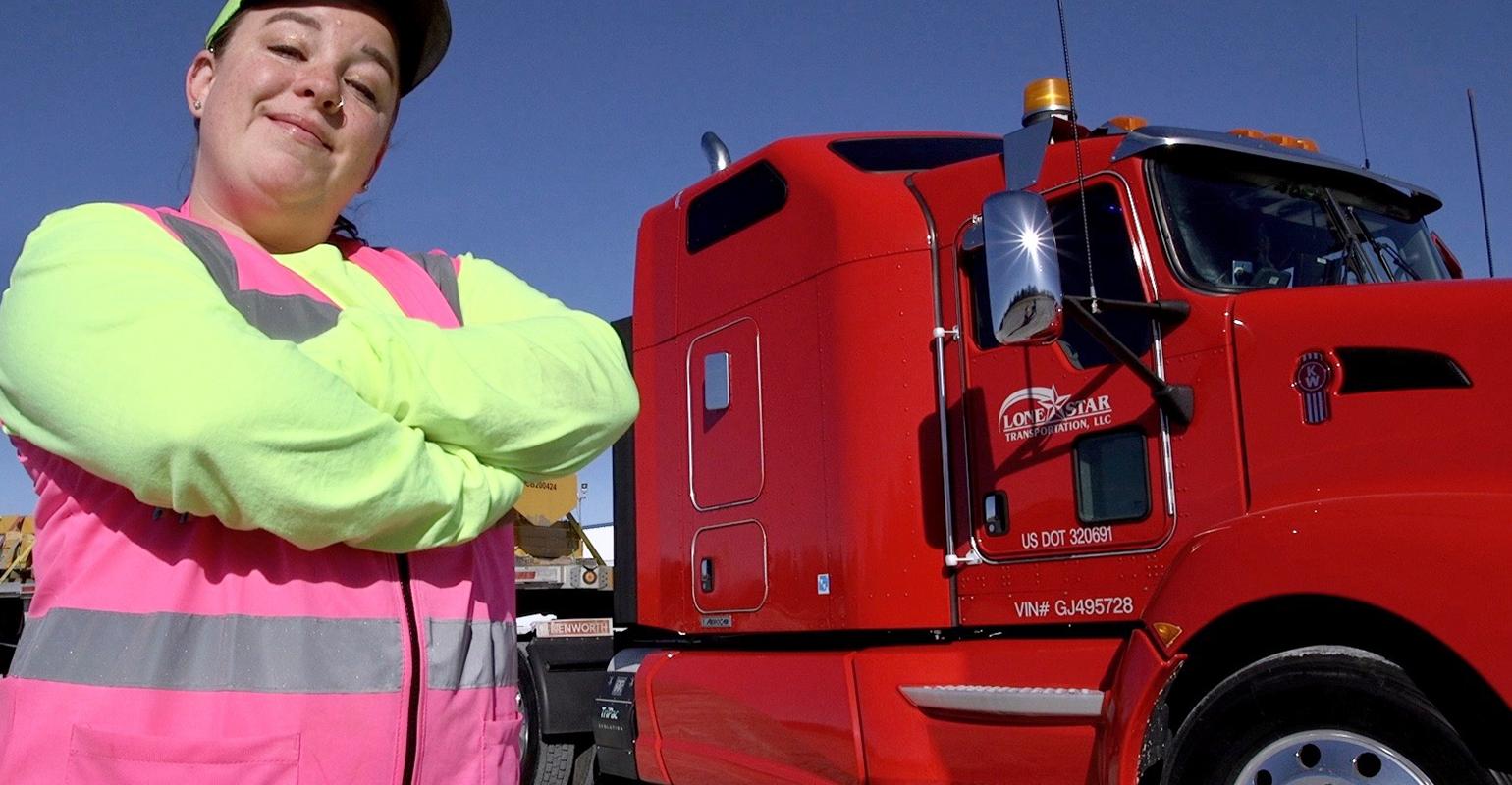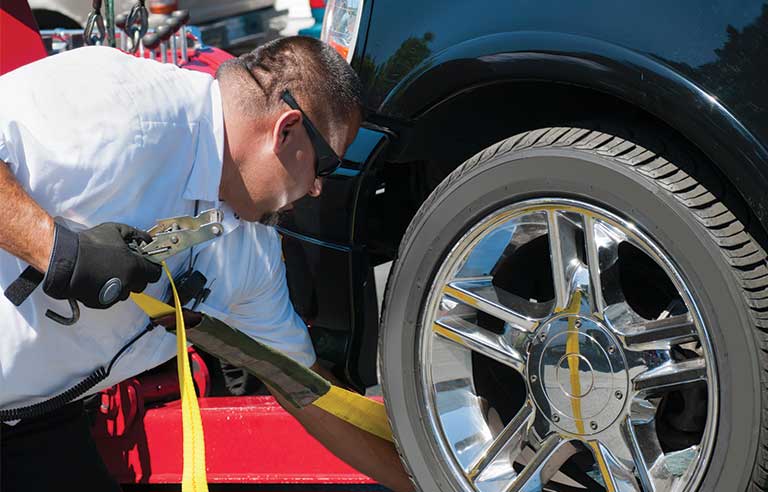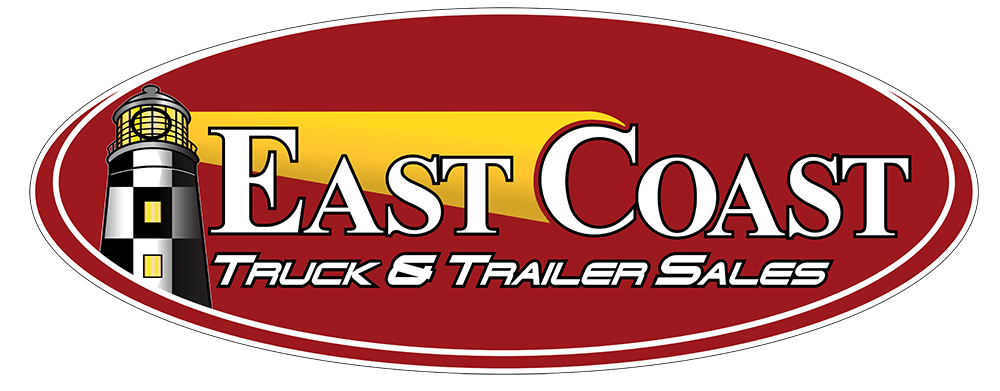Driving forces: Women taking on more lucrative trucker jobs
With women underrepresented among professional truck drivers and an industry long facing a shortage, one company finds more females applying to be heavy haulers.
OCCUPATIONAL HAZARDS OF BEING A TOW TRUCK DRIVER
You hear complaints about today’s truck driver shortage almost as much as you hear them about the weather. So why aren’t more fleets and trucking companies trying to increase their drivers from the most obviously underrepresented population demographic among professional drivers out there: Women?
According to the U.S. Census Bureau, the nation is approximately 50.8% female and 49.2% men. And according to the group Women in Trucking (WIT), 93% of professional truck drivers are men and only about 7% are women. That’s a glaringly disproportionate share-to-share representation of an entire gender.
It’s partly because driving big trucks has traditionally been thought of as a “man’s role” and done by men, one of those dirty jobs with heavy machinery some women would prefer not to do, just by the nature of it. Right?
Actually, not at all. “Little” women have been plenty big enough to handle big trucks as long as they’ve been around.
Ellen Voie, president and CEO of WIT, noted in a discussion on this topic last year that the first female CDL holder in the U.S. was Lillie Elizabeth Drennan. Drennan transported some of the most hazardous materials on the road: “She received her CDL in 1929 in Texas, hauling oil field equipment and explosives,” Voie said.

Lillie Elizabeth Drennan was the first female CDL holder and became something of a legend in the pioneering days of trucking.
“Women have had their CDLs for a long time, but still make up a very small part of the industry,” she continued. Even though women have been driving trucks since decades and decades ago when the vehicles truly were very physically taxing to drive — that’s certainly been changing with today’s trucks — they “often feel that aren’t qualified to do this job,” Voie said.
Disparities
While women haven’t reached the level among the professional driver population that their numbers suggest they should, W.M. “Rusty” Rush, president, CEO and chairman of commercial vehicle dealer Rush Enterprises, pointed out that Rush Truck Centers dealerships are seeing women make up larger and larger percentages of the workforces in truck sales, parts and management roles inside the office.
Those kinds of jobs are more appealing because — this is obvious — they offer a comparatively easier, more typical lifestyle; better work-life balance; and they often pay better and/or offer better career advancement.
There may be something to that: for women, if the office/ management side of trucking business is more the norm, the driver career would need to make sense financially or else just be more in character for a particular woman.
If you want to know why more women don’t become truck drivers, look also at a few other stats from the Census Bureau. Among jobs the bureau tracked from 2000-2016 where men make up 80% or more of the total workforce, the truck driver is among the lowest-paid, about on par with farmers, agricultural managers, welders, and solderers.
The median income for female truck drivers as of 2016 was in the mid-$30k range, while the median income for male truck drivers was in the mid-$40k range, about 28.5% higher. Why take on a job that’s more difficult if it doesn’t even respect you enough to pay you the same it pays other workers to do the exact same thing?
As a result, the Census Bureau tracked workforce changes by gender for specific jobs over the 2000-2016 period and found that women’s growth in other careers far outpaces their inroads into the truck driver role. Among veterinarians, for example, women went from around 35% of the workforce in 2000 to 60% in 2016, and among lawyers women made up under 30% in 2000 and rose to 40% in 2016.

OCCUPATIONAL HAZARDS OF BEING A TOW TRUCK DRIVER
Safety on the Road
Every occupation has its own risks, big or small. While being on the road is a risk in itself, tow truck drivers face even more challenges than a regular motorist. They may be heroes to those stuck on the side of the road after a breakdown but make no mistake; their job is not an easy one.
Bad Weather Conditions
Driving in unsavory weather conditions is tough enough without having an extra vehicle attached to your own. Not only do tow truck drivers have to worry about handling their own load, but they must also be vigilant to watch out for debris and other motorists that have lost control of their car. One slip up in the rain or snow could mean big trouble for anyone, and adding another truck into the mix adds onto that risk.
Other Motorists
Unfortunately, there have been many reports of deaths linked to this particular occupation. Motorists who are not paying attention have struck these drivers while they are hooking up a vehicle on the side of the road. This is especially unfortunate because these deaths could have been easily prevented by people taking accountability and watching out for others on the road. Tow truck drivers must be careful of other cars when on-duty, and this can be tough after a long shift.
Being on the Road
Driving is dangerous, no matter how experienced the person behind the wheel is. Things can happen in the blink of an eye that could cause a small accident at the least or a fatality at the worst. Some drivers behind the wheel assume they are invincible, and stop taking larger vehicles like tow trucks into consideration. Tow truck drivers are on the road for at least eight hours of the day, which statistically puts them at a higher risk for being involved in an accident.
Feeling Fatigued
Long hours on the road can cause fatigue in drivers, making it much easier for them to slip up on the road. Although sleep and energy drinks may help to an extent, facing exhaustion on the road is highly dangerous for obvious reasons, both for tow truck drivers and ordinary motorists.
Backlash from Individuals
Many tow truck drivers must repossess vehicles from individuals who have not made payments and defaulted on their cars. This can cause problems for the driver, as some will attempt to attack the driver for merely doing his job. Some people will even attempt to jump in their car while the tow operator is trying to secure it, making their job both difficult and unsafe. This may not be an everyday occurrence for most tow truck drivers, but it does come with the territory.
Being diligent and safe on the road is the first step to ensuring that these drivers are not put in any unnecessary danger. While all accidents are not able to be prevented, knowing your surroundings and obeying traffic laws can make a world of difference in keeping the roads safe for everyone.
Article Courtesy of Will Tow

